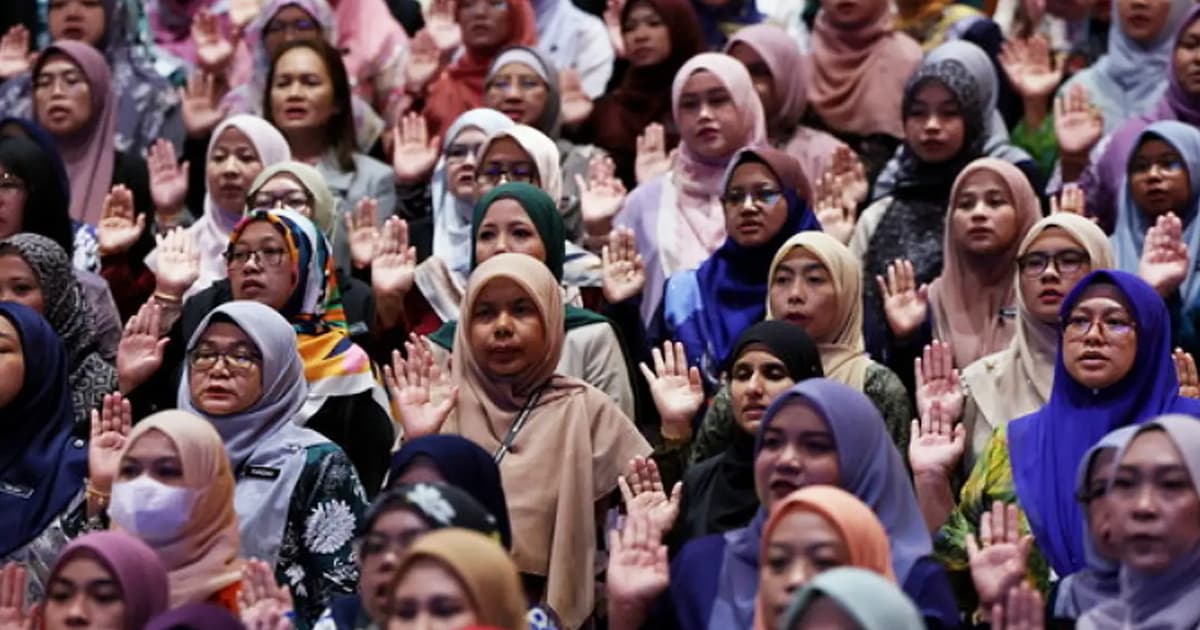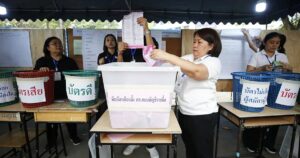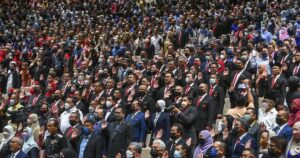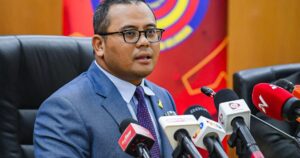
Women’s groups are urging the government to use the 2026 budget to close long-standing gender gaps, from funding for shelters and survivor services to menopause support and women’s political participation.
The Women’s Centre for Change (WCC) in Penang, which provided crisis counselling to nearly 600 new clients last year, said federal allocations remain too “ad hoc” and project-based, making it difficult for NGOs to plan long-term.

“Sustainable, core funding is needed, not just for short-term projects, but to ensure continuity of services that protect the most vulnerable,” executive director Karen Lai told FMT.
She explained that “core funding” refers to flexible allocations that enable NGOs to respond effectively on the ground, pointing out that a similar model is already in use at state level.
The Women’s Aid Organisation (WAO) also called for sustained funding and urged Putrajaya to offer round-the-clock operational support, fund training in trauma-informed care, and establish a dedicated budget line to address cyber harassment and online abuse.
“Operational funding must cover essentials like rent, utilities, food, security, transport and medical costs to ensure shelters and hotlines can run 24/7,” WAO said.
The Gender Budget Group (GBG), a coalition of 24 NGOs and 18 academics, meanwhile, flagged gaps in women’s health. It said the country’s health policy has repeatedly overlooked menopause issues despite multiple studies citing it as a major factor in women leaving the workforce.

S Indramalar, a feminist researcher at Universiti Malaya and Monash University Malaysia, said the government should fund a national needs analysis to capture the realities faced by Malaysian women, as existing studies tend to focus only on symptoms and treatment.
She also urged the government to integrate menopause support into Perkeso and EPF benefits to ensure all working women, including those in the informal sector, have access to basic support.
“Everyday workplace adjustments like flexible hours or cooler workspaces, however, should be the employers’ responsibility. Ideally, this is a shared responsibility, with the government offering national guidelines and tax incentives, and employers tailoring practical support,” she said.
GBG also called for reforms to close the leadership gap, including quotas for women in Parliament and a political participation fund.
Women currently occupy just 13.5% of seats in the Dewan Rakyat, far below international gender parity benchmarks.

Ong Bee Leng, CEO of the Penang Women’s Development Corporation (PWDC), said the fund could be structured in a hybrid model, supported by both public resources and political parties.
“Public funds would incentivise all parties to field more female candidates, especially smaller ones that struggle financially. Within political parties, gender-responsive budgeting during annual reviews can ensure resources are channelled fairly into building women’s participation,” she said.






